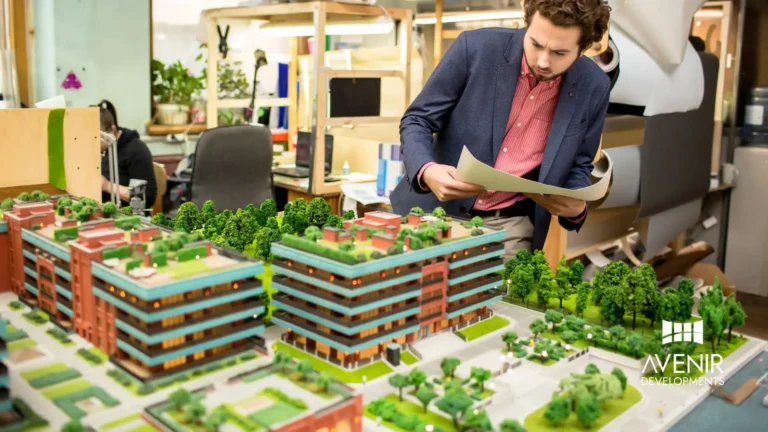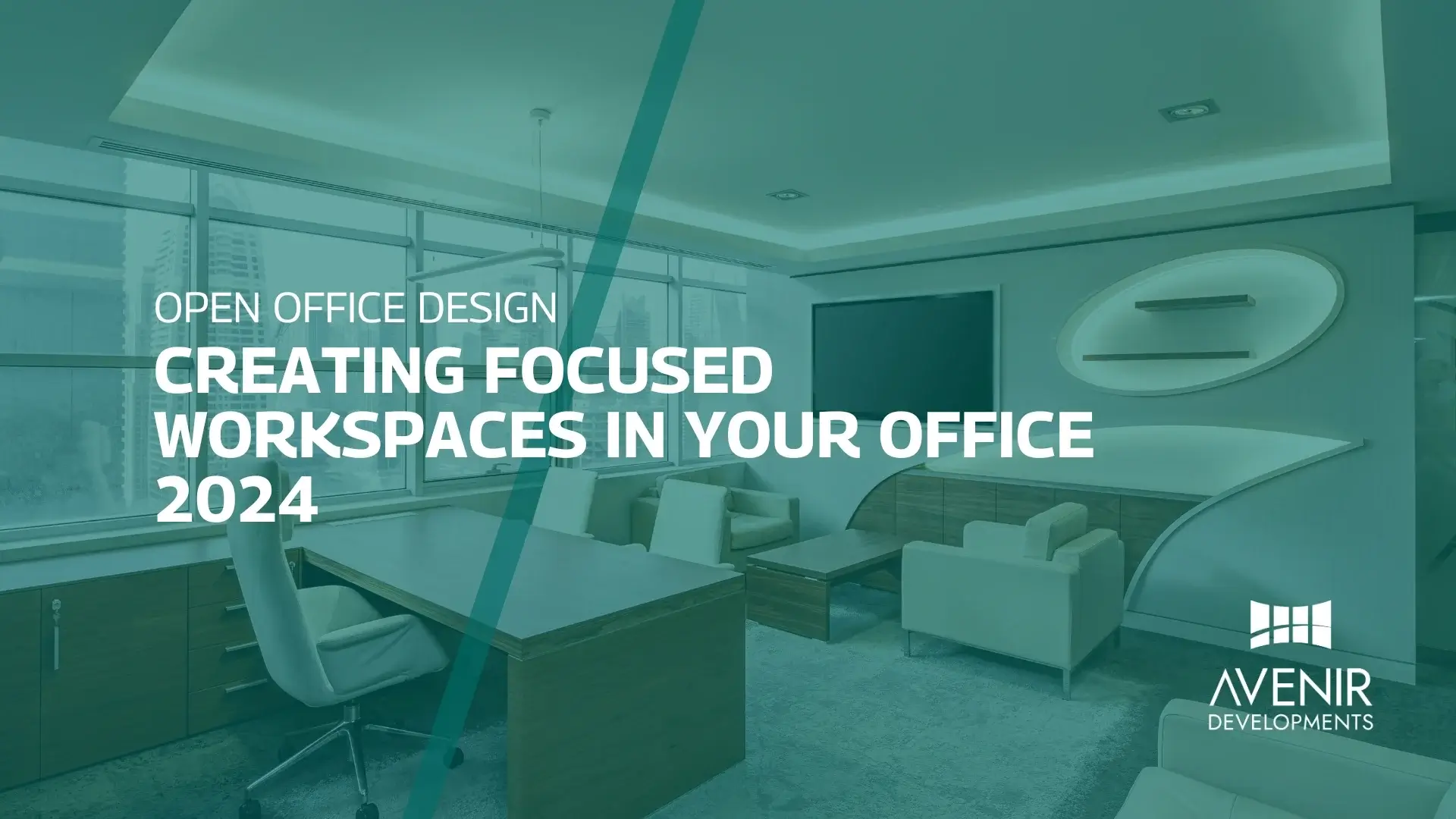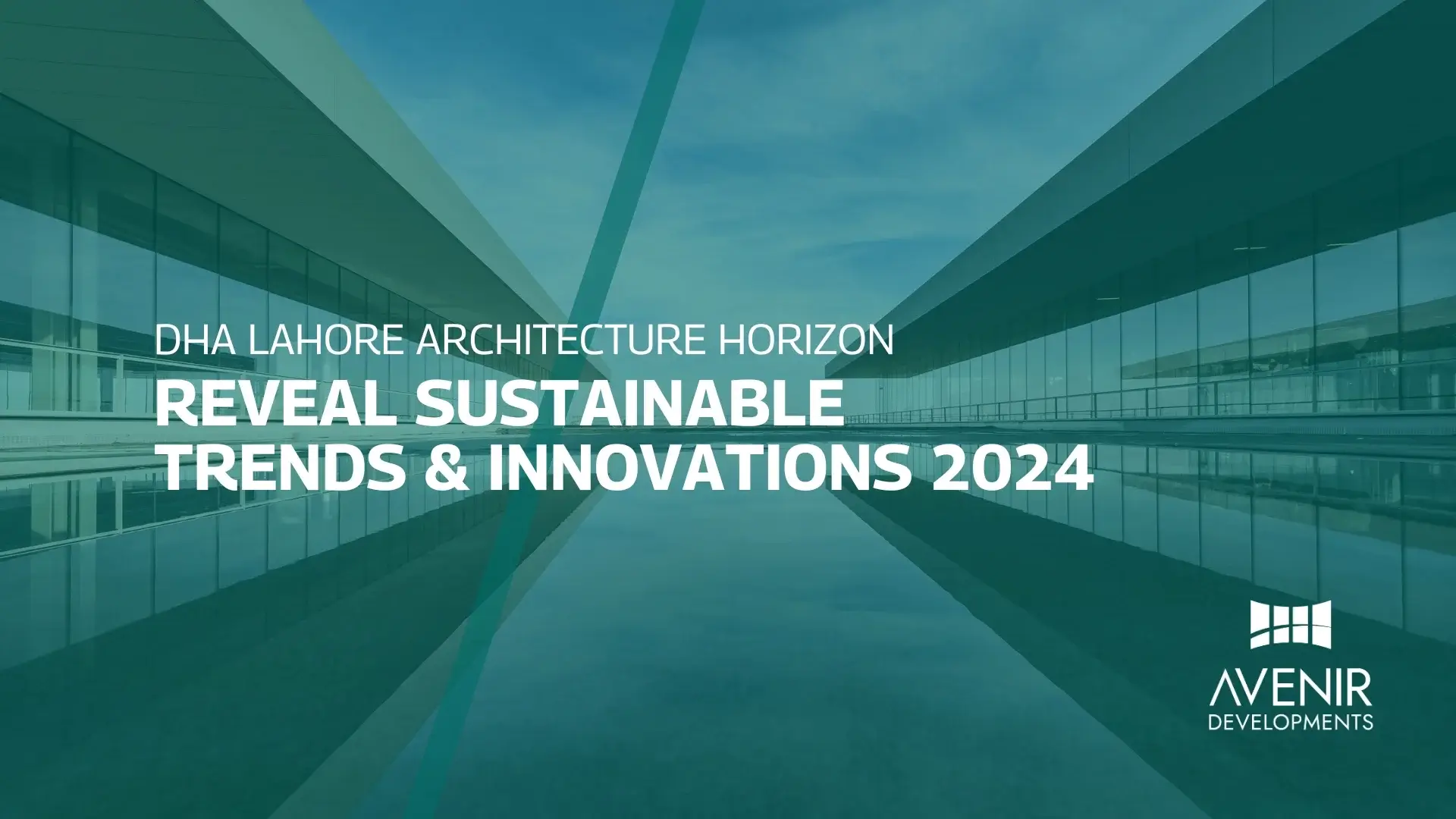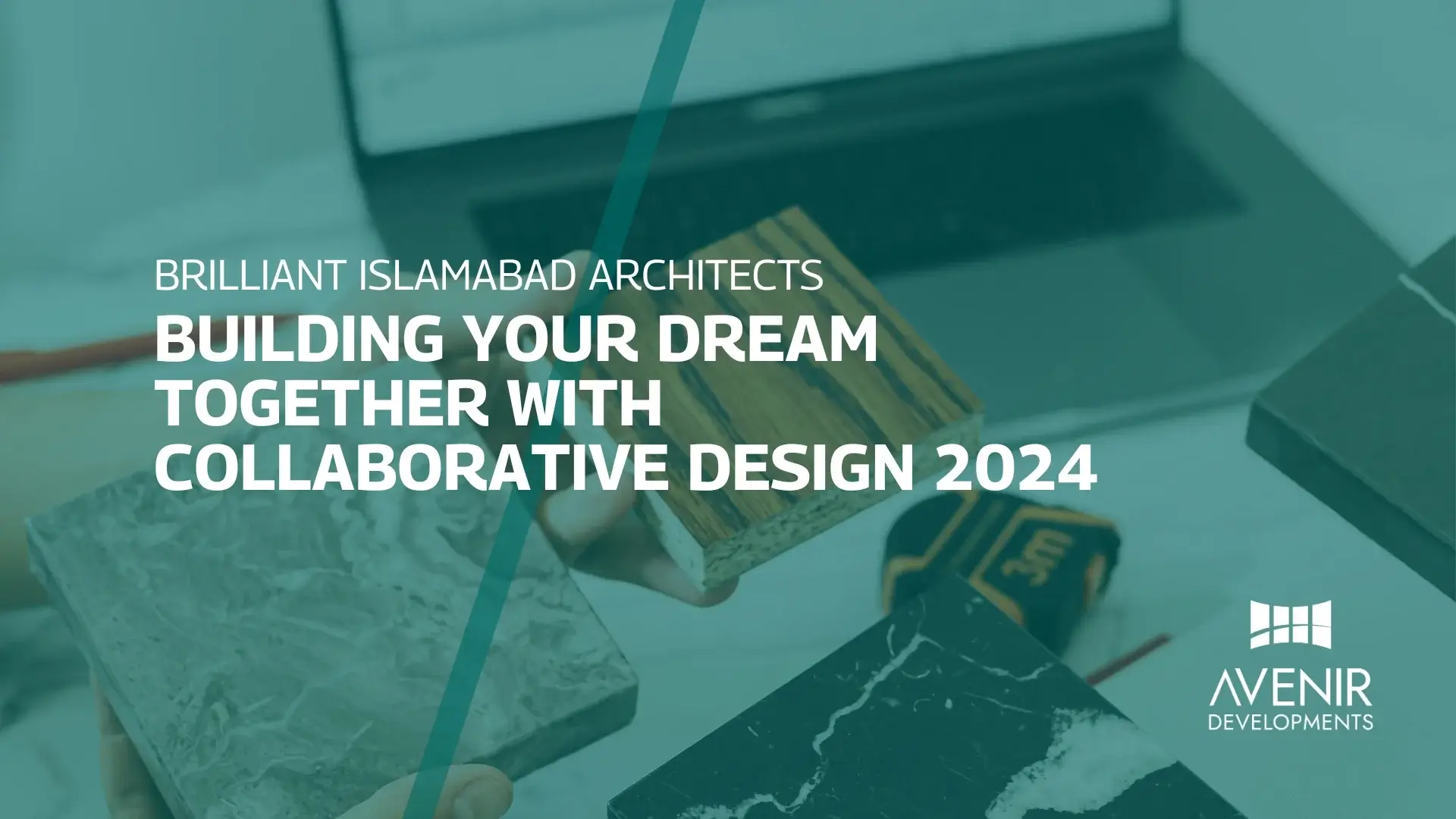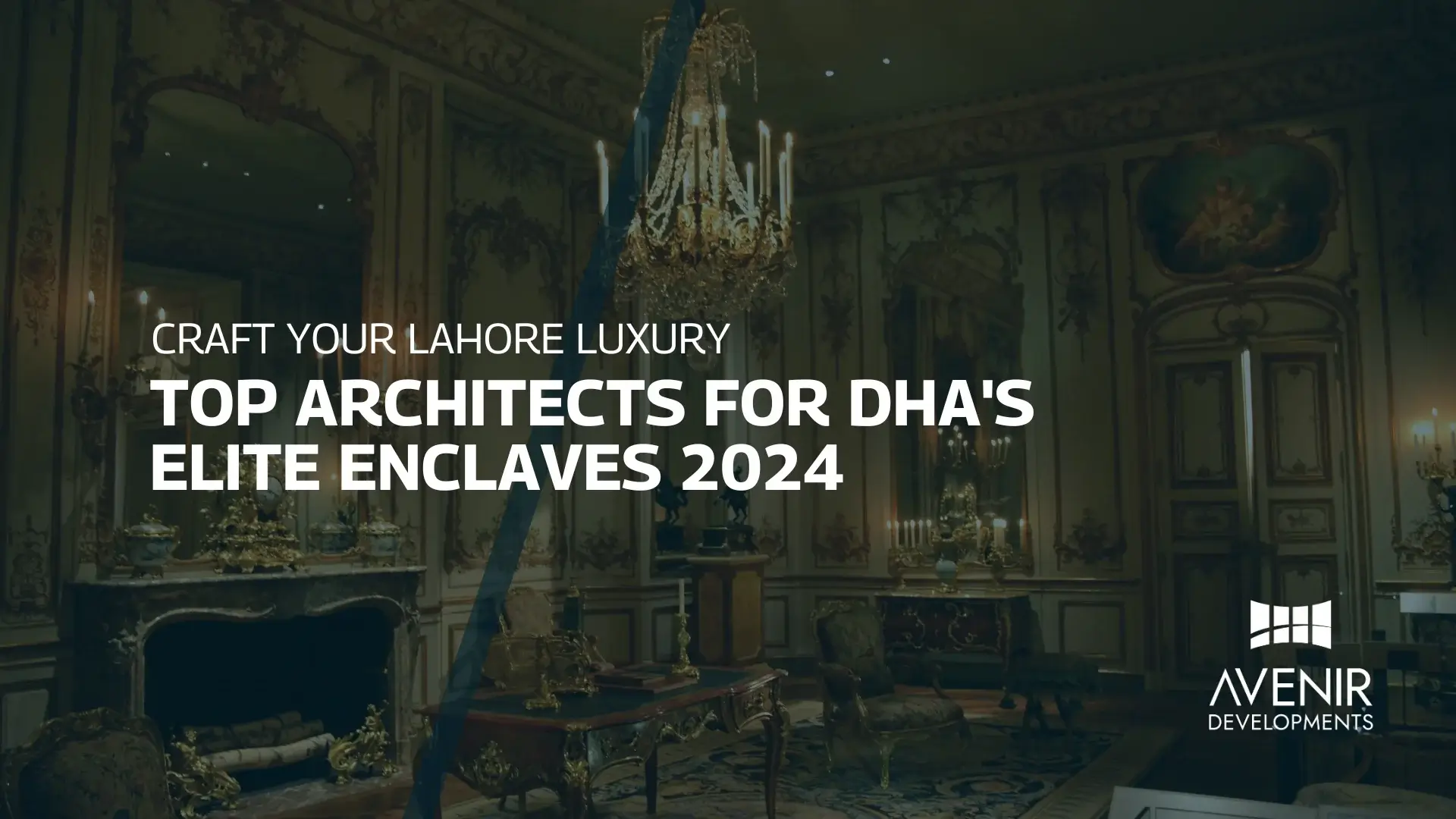Introduction: The Need for Innovation and Sustainability
Architecture, as a discipline, has always been a reflection of society’s aspirations, needs, and cultural values. From ancient civilizations crafting intricate monuments to modern skyscrapers redefining cityscapes, architecture has evolved as a testament to human ingenuity. Today, the future of architecture stands on the precipice of unprecedented change, fueled by technological breakthroughs and a growing emphasis on sustainability.
Embracing Technological Advancements
In this digital age, technology plays a pivotal role in shaping architectural practices. From Building Information Modeling (BIM) that enhances collaboration to Augmented Reality (AR) and Virtual Reality (VR) that offer immersive design experiences, architects are embracing these tools to streamline the design process and communicate ideas effectively.
The integration of Artificial Intelligence (AI) is also transforming architecture, enabling architects to analyze vast amounts of data for optimized designs. AI-driven algorithms can predict building performance, energy efficiency, and even user preferences, leading to more intelligent and user-centric designs.
Innovative and Sustainable Design: Building for the Future
Innovation and Sustainability are no longer a mere buzzwords but a fundamental principle guiding the future of architecture. With the urgent need to address climate change and resource depletion, architects are championing eco-friendly designs that minimize environmental impact.
Green architecture, characterized by features such as solar panels, green roofs, and efficient insulation, is gaining prominence. The concept of “biophilic design,” which seeks to connect occupants with nature through elements like natural lighting and indoor plants, is transforming the way spaces are designed for human well-being.
Urbanization and Smart Cities
As urbanization continues to surge, architects are presented with the challenge of creating livable and efficient urban spaces. The future of architecture involves the development of smart cities that leverage technology to enhance the quality of life for residents.
Smart buildings equipped with Internet of Things (IoT) devices can regulate temperature, lighting, and energy usage based on real-time data. This integration of technology not only improves energy efficiency but also creates more comfortable and convenient living environments.
Adaptive Reuse: Breathing New Life into Old Structures
In the pursuit of sustainable practices, adaptive reuse is emerging as a powerful trend in architecture. Rather than demolishing old buildings, architects are repurposing and transforming them into functional spaces that align with contemporary needs.
Adaptive reuse not only preserves cultural heritage but also reduces construction waste and minimizes the carbon footprint associated with new construction. Historic factories become vibrant loft apartments, and warehouses are reborn as creative workspaces, showcasing the innovative potential of this approach.
Future Materials and Construction Techniques
The future of architecture is intrinsically tied to material innovation and construction techniques that redefine what is possible. Traditional materials are being reimagined, and new materials are being developed to enhance durability, energy efficiency, and aesthetic appeal.
Nanotechnology is enabling the creation of self-cleaning surfaces, while 3D printing is revolutionizing the construction process by allowing for intricate and customized designs. These advancements are not only pushing the boundaries of creativity but also driving sustainability through resource optimization.
Redefining Cultural and Social Spaces
Architecture has a profound impact on culture and society, shaping the way we interact and experience our surroundings. As we look to the future, architects are tasked with creating inclusive and adaptable spaces that foster community engagement and well-being.
Public spaces are evolving to accommodate diverse needs, from outdoor plazas designed for social gatherings to flexible interiors that can be easily transformed for various functions. These spaces encourage interaction, collaboration, and a sense of belonging.
Challenges on the Horizon
While the future of architecture holds immense promise, it also presents challenges that architects must navigate. Rapid urbanization, climate change, and the ethical implications of technological advancements are just a few of the complex issues that demand innovative solutions.
Architects must strike a balance between pushing boundaries and respecting cultural contexts, ensuring that designs enhance the human experience without sacrificing the essence of a place. Additionally, ethical considerations around data privacy and sustainability require careful thought and collaboration.
FAQs
Q: What role does sustainability play in the future of architecture? Sustainability is a central pillar of the future of architecture, driving the development of eco-friendly designs, energy-efficient materials, and responsible construction practices.
Q: How are smart cities changing the architectural landscape? Smart cities utilize technology to create efficient and livable urban environments, leading to the integration of IoT devices in buildings and the design of interconnected public spaces.
Q: What is adaptive reuse, and why is it important in architecture? Adaptive reuse involves repurposing existing structures for new functions, promoting sustainability, preserving heritage, and reducing waste associated with new construction.
Q: What are some emerging materials in architecture? Nanotechnology and 3D printing are contributing to the development of self-cleaning surfaces, innovative structural materials, and customizable building components.
Q: How do architects address the challenges of rapid urbanization? Architects work to design urban spaces that are both functional and welcoming, accommodating the needs of growing populations while promoting community engagement.
Q: What ethical considerations do architects face in the future? Architects must navigate ethical concerns related to data privacy, cultural sensitivity, and the environmental impact of their designs.
Building the Tomorrow We Envision
The future of architecture is an exciting and transformative journey that melds innovation, sustainability, and human-centered design. As architects harness the power of technology, reimagine materials, and embrace adaptive approaches, they are shaping a world where buildings not only stand as functional structures but also as expressions of creativity and values.
As we step into this new era of architecture, it is crucial to remember that the future is not a distant destination but a path we are actively shaping. With each design choice and technological leap, architects are contributing to a sustainable, interconnected, and vibrant future where architecture enhances the quality of life for all.
Ready to embark on your smart and sustainable living journey? Avenir Developments can be your trusted partner. Their team of architects, interior designers, and construction management experts possess the knowledge and experience to seamlessly integrate smart technologies into your existing home or new construction project.
Don’t wait! Contact Avenir Developments today on WhatsApp or Call +923001101103 to schedule a consultation and discuss how you can create a living space that’s both technologically advanced and environmentally responsible. Together, let’s build a smarter, greener Lahore!

